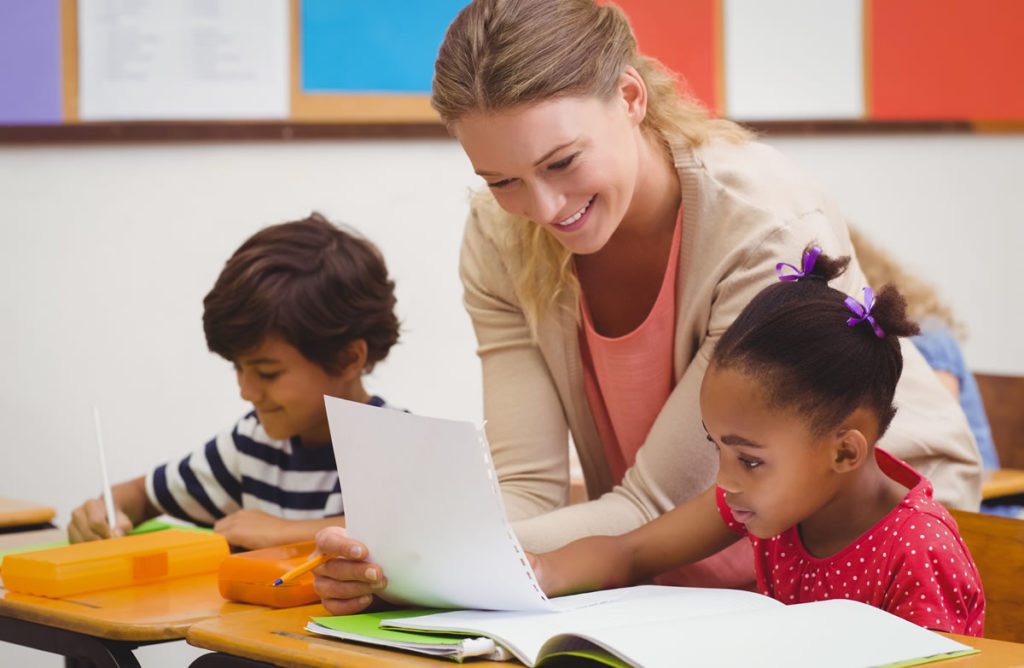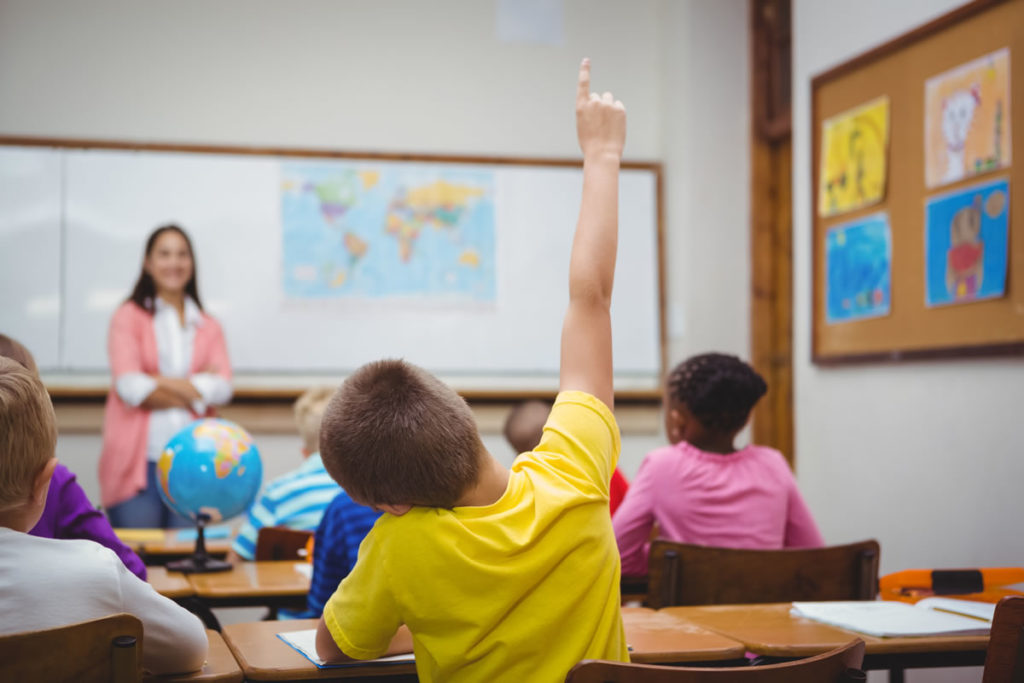Let’s imagine for a moment that a student willingly goes to school every day until another day he feels provoked by another classmate or has some kind of mishap or confrontation that makes him question whether to go to class or not, Or, in the worst case, fear the idea of returning. Let us also imagine that the day this happens the child in question has a violent episode and is punished, but that said violent episode has been produced by a series of unpleasant and sad circumstances , such as the fact that the school confrontation is added family loss or some private situation of emotional instability.
Many times students need to share with their elders in the school those things that happen to them, or they would like to do so but cannot find a way. It could even be that said student enjoys going to school because it is the time of day when they have the most stability and feel the most accompanied … Does this mean, then, that schools present a lack of need today to listen to students ? Of course yes, or at least in most cases.
Young people often show signs of the need to be heard and understood, and knowing how to do so is, without a doubt, the hallmark of the transformational educator of our time.

Four main traits of an educator who knows how to listen
Hearing educators cultivate these simple and powerful approaches, do you want to know them?
- The willingness to slow down
Who are these educators? Those who know how to listen to the urgency of change, but embrace the slow pace more strongly when listening. This type of teacher, even being aware of the stress that teaching often implies, slows down to be able to observe and be seen when they need them, and they are willing to answer any questions that may arise between parents and students . This type of teachers and teachers usually dedicate at least one day to tutorials and are available to the school community.
- Empathy and social curiosity
People and their stories fascinate the listening educator, and in large part because of their great capacity for empathy. Each interaction offers a fascinating window into another human being’s perspective and experience , so if you consider yourself one of these professors and want to further cultivate your curiosity, develop a set of authentic, open-ended questioning tools for when you need them. Here are some useful examples:
- What are your hopes and dreams (for you, your children, the school… etc.)?
- What one or two core values drive you to do what you do every day?
- What change would you like to see in the community and what can you do to promote that change?
As you ask these probing questions and slow down to hear the answers, you develop and enhance your capacity as a listening teacher much more.
- Attention to non-verbal cues
The listening educator pays close attention to non-verbal communication. In this way, and thanks to the observation capacity that these teachers have, an educator who knows how to listen also knows how to see when a face is sad or harbors concern, fear, shame … When this happens, the teacher can tell the student in question things like: “yesterday I noticed a change in the facial expression on your face, Juan, and I discovered that you were concerned that the other children might see the award, which you had won and hidden, as something ridiculous.” Once the student verifies that the teacher understands him and takes time for conversation and listening, the child will be able to feel better and alleviate his problem, because he will know that he is not the only one who can realize that his sadness or concern had a motive.
- Self-awareness and empathy
The listening educator cultivates self-awareness and empathy for others, especially in the face of challenging behaviors. In moments of anguish we learn to ask ourselves: “What comes to mind now? Why is this behavior or this person provoking me? ” Empathy, consequently, offers a bridge to the humanity of the other person , challenging us to remain present even when we want to run in the opposite direction. This requires courage, deep breaths, and a willingness to lean on others. Healthy adult communities adopt routines to facilitate peer support and build resilience , which is nothing other than the ability to overcome adversity.

The educator who listens and the common core
Advances in psychology and emotional intelligence allow educators today to adopt a new mentality based on listening to their students. Learning to listen well to our students, parents, colleagues, and communities will help us build deeper relationships and personalize support for each child and their unique situation.
Educators who listen see the human experience as a complex text, and listen to it as a way of approaching and reading it. They understand that every great lesson plan, parent meeting, and / or teacher collaboration begins with a simple but little-used skill, which is none other than listening. A brave job that may not be rewarded in the evaluation, but that will increase its impact exponentially, allowing the teacher who applies it to differentiate himself as an educator and stand out among parents and students . And it is that knowing how to listen has great rewards that not only affect the professional activity, but also the personal one.
And you, how do you listen to students, classmates and parents? What does it mean to you to be an educator who knows how to listen? Which of the four traits mentioned above do you struggle with, and which ones would you want to cultivate?
Comment with us in comments!











































































































